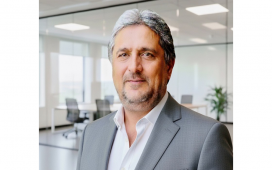Watermelon Communications’ Pradeep Kumar notes that not all who assume a stance of expertise can be trusted on social media platforms, and suggests how marketers can work around this.
In an era dominated by digital platforms, the proliferation of opinions has created a noisy, often misleading landscape. Everyone seems to have a perspective on every topic, with little regard for the depth of understanding required to form a truly informed view.
Social media platforms have become a stage where confidence often trumps competence, leaving audiences grappling with a deluge of half-baked ideas masquerading as expertise. Th
To continue reading this article you need to be registered with Campaign. Registration is free and only takes a minute. Register Now or sign in below if you already have an account.









